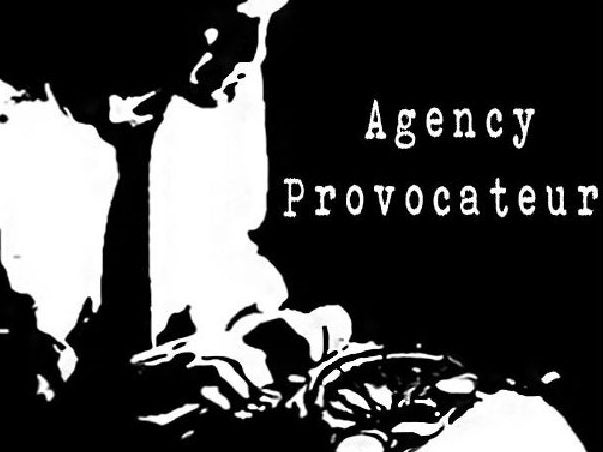
In the days following the Manchester atrocity, a Radio Four reporter was interviewing eye witnesses about what they saw.
Which is perfectly natural, of course, because if you want to piece together a picture of what happened you either talk to those who witnessed it or wait until all the details are revealed by the US media.
However, even this most traditional of storytelling devices is now perceived as an attack by the evil media. At least one tweet condemned the BBC for gross intrusion as a result of asking “what did you see?” to an eye witness. An eye witness! The clue’s in the description.
This is from Twitter, where millions gather to find out every minute detail about a major event and then criticise those who present the information.
Similarly, many of the relatives of victims are keen to talk about their loved ones, whether it is to pay tribute to the kind of person they were, praise those who tried to help or simply demand answers from those in charge.
Many others, however, would rather not. The best way to find out is by asking them and every news reporter has, at some time, been on the dreaded death knock.
I guarantee that every one of them has had both an uplifting, heartwarming experience as well as a door slam, threat of violence or two-word message beginning and ending with F.
The media no longer works in a pack. When it did, it was not unusual to delegate one person to approach the family on behalf of the many and to share the response.
Now, enquiries come from out of the ether, via Facebook or Twitter, to voicemails and, when all else fails, go old school with a note through the letterbox.
This means that today a relative of a victim could be contacted dozens of times by non-related reporters covering an event for TV, the papers, online publications and others.
Sometimes, not surprisingly, that person can genuinely feel a gross intrusion of privacy as they deal with what seems like a never ending wave of requests.
What should happen is that a reporter makes one approach and if the answer is no, you don’t ask again. But 50 different people asking once each can be a nightmare for the family which wants to say nothing and not much better even for those who are happy to talk.
Even worse, if they are still waiting for news that their loved one is dead or alive, then every ping in the inbox and message on voicemail could give false hope.
The answer is not easy but it is worth plugging our corner of the profession. It was once a feature of agency life that you would be called upon to make such an approach on behalf of several papers, broadcast and other media.
It now seems old fashioned but, surely, if a few media organisations agreed to an agency approach of them all, it would make things a lot easier for the poor person on the receiving end.
Unfortunately, newsdesks are increasingly unlikely to spend money on commissioning this kind of job from a news agency. And in many cases either the geographical area is no longer served by a freelance or that agency simply doesn’t consider the fee worth it.
Meanwhile, the animosity will continue towards the ‘MSM’, a three letter acronym for the two-word ‘mainstream media’.
This was recently exemplified by a ridiculous clickbait article in something called The Canary with an accompanying petition to get The Sun banned in Manchester.
If you missed it, it rather amateurishly claimed The Sun ignored the Manchester bombing in order to run a damaging splash about Jeremy Corbyn when in fact they were quoting an early edition. But the anti-press hysteria meant it was readily believed by thousands.
An occasional blog by a National Association of Press Agencies member who has asked to remain anonymous
Email pged@pressgazette.co.uk to point out mistakes, provide story tips or send in a letter for publication on our "Letters Page" blog
